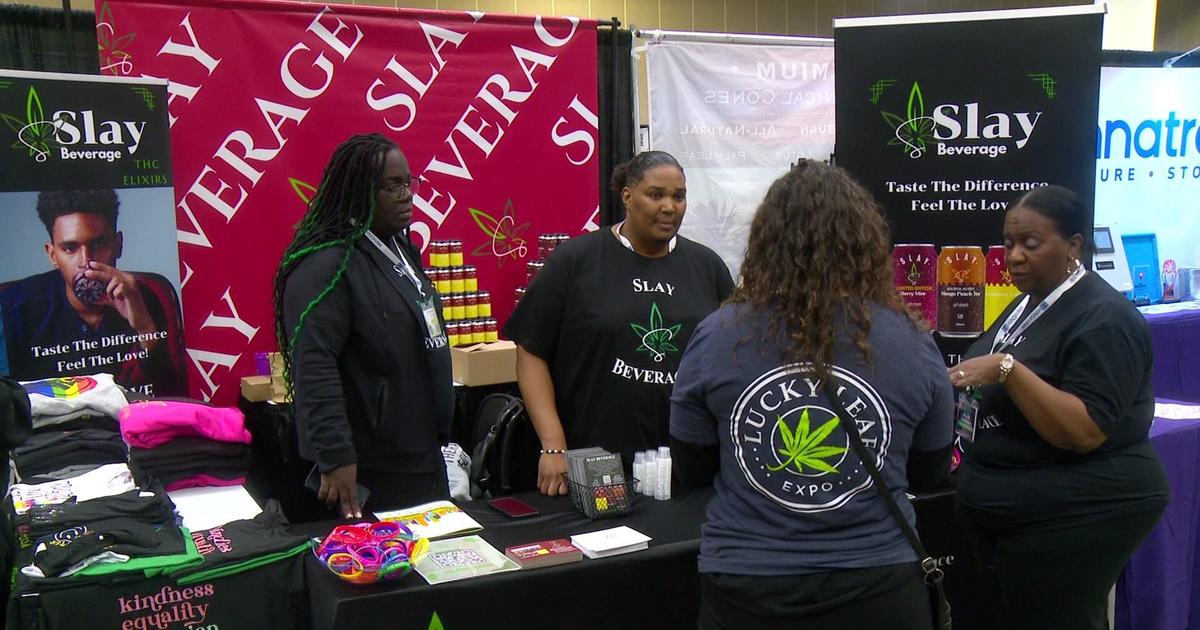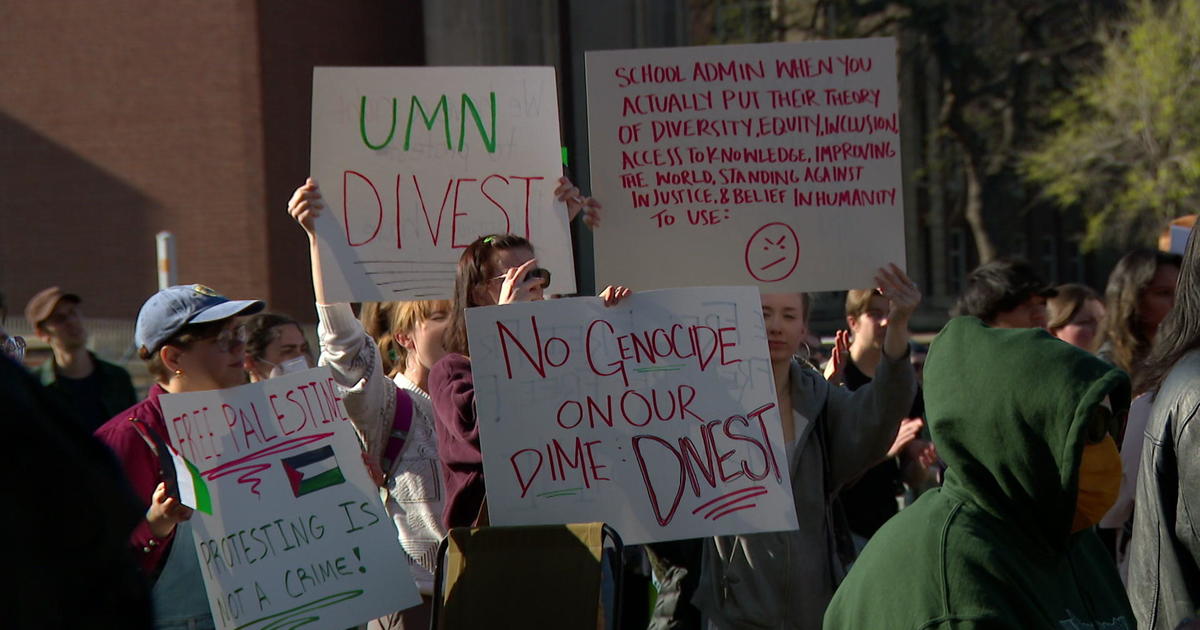Get Movin' Monday: Student Loan Debt
MINNEAPOLIS (WCCO) – It's considered one of the largest financial crises facing our country. If you don't have it, chances are you know someone swallowed by it. The 'it' is student loan debt.
Financial Expert Todd Rooker, founder of Financial Crisis Recovery, gets us movin' with a game plan to make a dent in that debt.
"I see people who have $80,000-$150,000 worth of student loan debt," Rooker said. "I have clients whose student loans are exceedingly more than their house payment."
Where to start when trying to pay back student loan debt may seem overwhelming. Rooker said the first thing you want to do is not pay your debt, but pay yourself by setting up an emergency fund.
"An emergency fund should be equivalent to at least one to three months of your total expenses each month. It should actually be more than that, but at least it's a good start. It's a semblance of a back-up plan," he said.
That way if you get an unexpected medical bill or car repair, your student loan plan isn't thrown off.
While saving for your fund, make at least the minimum payment on the loan to avoid default and compounding interest.
Next, pay off your more expensive debt first, such as credit cards that can have higher interest rates.
Once you do that you can start to tackle your student loan principal. Budget how much you want to spend toward the principal because overpaying could hurt you in the long run.
"People tend to want to throw all their money toward their debt," Rooker said. "That's a mistake. Because no one will give you credit for overpaying last month when you can't make the minimum payment this month."
To determine how much you can afford to throw at the principal, Rooker said follow this principle.
"Look at minimum payments and how much you have left over in the form of cash flow that you can dedicate toward paying down your debt," he said. "You do that for a period of no less than four months to build an emergency fund and become accustomed to living without that money. Once you've done that you take an 80-20 approach where 80 percent of that money goes to the debt, plus the minimum payments you're making, and the other 20 percent goes to pay emergency fund."
Following these guidelines, Rooker said it's possible to pay off any debt amount as long as there is will power with a good budget.
"Budgeting is controlled spending, it's not being thrifty and it's not balancing your check book after you've already spent the money," he said. "It's ensuring how much you'll spend at the end of the month before that month begins."
While you're in school, Rooker said one of the best things you can do is try to at least pay the interest. With private loans interest begins to accrue as soon as you take the money.
At least trying to service the interest will go a long way in terms of what you're going to pay on that debt after school, he said.



